Violinist Aija Reke shares her experience teaching at the Daraja Music Initiative in Tanzania, a programme that combines music education and conservation of African Blackwood
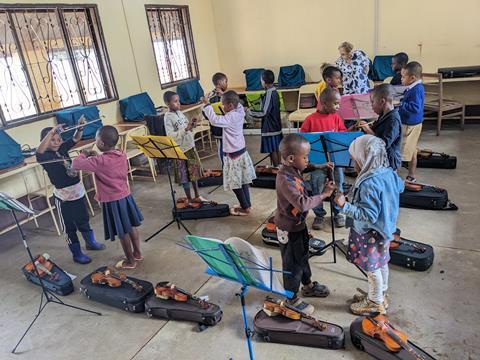
Discover more Featured Stories like this in The Strad Playing Hub
It’s 6:30am in Moshi, Kilimanjaro region. The sun is starting to rise daily at the same time as it is near the equator. The singing of roosters and other birds blends with the sounds of beeping boda bodas from the nearby road. The snow-covered top of Mount Kilimanjaro is coming out from the clouds. The security guard keeps talking loudly on the phone near the home windows, keeping some volunteers awake. It is another day of teaching at Daraja Music Initiative, the programme that bridges music education and nature conservation.
The programme was initiated by Michele Von Haugg under the name ’Clarinets for Conservation.’ She got the inspiration to come to Tanzania after seeing a documentary Mpingo - the tree that makes music. Now the programme is run by executive director clarinetist Ian Tyson from New York. First, it was a clarinet-only programme, but later on, the violin was added to it. Some of the students can play both the violin and the clarinet.
Mpingo, the African Blackwood tree, is special - it is the national tree of Tanzania. Not only are beautiful carvings made of this durable and expensive tree, but also musical instruments such as clarinets, oboes, and parts of the string instruments such as fingerboards, chin rests, pegs, and bow frogs.
The tree is over-harvested and not enough replenished, but during the 15 years of the programme, many trees have been planted at local Moshi schools, and students are being taught about the environmental and economic value of the tree and how to take good care of it.
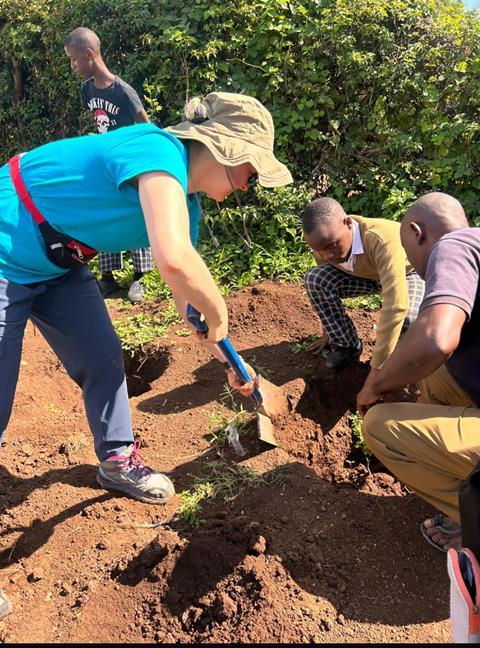
The programme is truly building community and empowering students and local families in many ways. A former student of the programme, Michael Boaz, opened his own NGO non-profit organisation in Dar es Salaam called ’Music for Hope’ three years ago. Many older students aspire to travel abroad for the first time and have dreams to come to study in foreign universities to obtain music education degrees.
Every Thursday, students, together with volunteer teachers, perform at the local coffee shop ’Union Coffee’ owned by a parent of a student. These performances are very special as all students can showcase their skills, like a new scale or just the new three notes that they have learnt on the D-string.
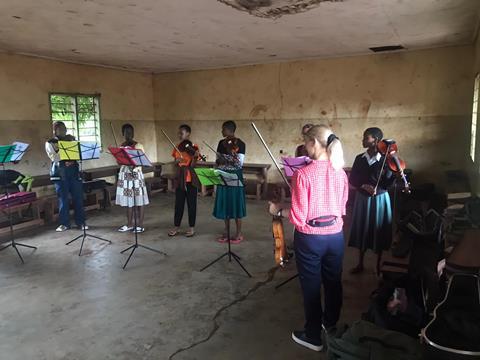
A touching moment for me was playing together my arrangement of Mbuga Za Wanyama Tanzania. One of the seven-year-old violin students was conducting our little ensemble, and the whole audience joined in singing and cheering at the end. We were using my battery-operated lantern because the lights were so dim that we could barely see the music, but luckily, I also brought many spare batteries for the stand lights.
Weekly Friday performances of the programme take place in the Courage Cafe. This cafe is special because it supports women who have been victims of sexual abuse and trafficking. Women who are recovering from these severely challenging circumstances make clothes, bracelets, earrings, and other souvenirs that are sold at the store of this cafe.
The programme has run for 15 years, and many of the small students have grown and now are in need of the full-size violins. There is a lack of full-size violins, and many students need to play on violins that are a size or two too small. Even though there are many violins donated to the programme, the challenge is how to transport them from the US to Tanzania. I was able to bring three new violins to the programme, generously donated by my student Shwetha Manimaran and her mom, Nivetha.
In Tanzania, there are no shops where you can buy violins or strings, and no luthiers. One day, I was checking Makumira College student Fraterin Shayo’s violin to see if it had no open seams and was changing his three-year-old strings to a new set, and I noticed that his bridge was very crooked. I had a brand new spare bridge with me from America, and we decided to put it on. In the process of changing the bridge, the sound post fell down. I had never put in the sound post before that. After watching a YouTube video tutorial and one and a half hours of trying and failing, I managed to put the sound post back in with the tools that the programme luckily had. A few days later, the sound post fell down again. With another hour and a half and a more careful try, I was able to put it back in, and the violin sounded so beautiful with an open and ringing tone. I was extremely relieved that we managed to do it without access to any of the luthiers, and I only ended up with one bloody finger because of pinching it with the sharp edge of the tool.
Tanzania is a country to fall in love with and return to, and music is a universal language that can bridge and build international communities. Planting seeds of mpingo trees and planting the seed of education, kindness, and resilience in each and every student, and then watching it grow and flourish.
There are important lessons to learn from the community of Daraja Music Initiative - in a world full of hatred, conflict, and division, there is something beautiful and more important, which is the future of our planet and children. It’s in our daily steps that we can either build or destroy. With every note we play, with each lesson we teach, and with each tree we plant, we can create a compound and sustainable effort that will make an impact on our future generations.
All photos courtesy Aija Reke.
Read: Aija Reke: how to deal with performance anxiety
Read: Stars of Africa: South African tonewood
Discover more Featured Stories like this in The Strad Playing Hub
The number one source for playing and teaching books, guides, CDs, calendars and back issues of the magazine.
In The Best of Technique you’ll discover the top playing tips of the world’s leading string players and teachers. It’s packed full of exercises for students, plus examples from the standard repertoire to show you how to integrate the technique into your playing.
In the second volume of The Strad’s Masterclass series, soloists including James Ehnes, Jennifer Koh, Philippe Graffin, Daniel Hope and Arabella Steinbacher give their thoughts on some of the greatest works in the string repertoire. Each has annotated the sheet music with their own bowings, fingerings and comments.
The Canada Council of the Arts’ Musical Instrument Bank is 40 years old in 2025. This year’s calendar celebrates some its treasures, including four instruments by Antonio Stradivari and priceless works by Montagnana, Gagliano, Pressenda and David Tecchler.


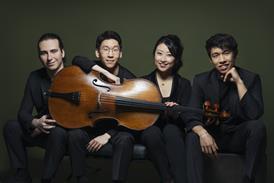

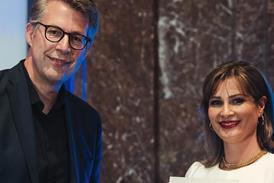
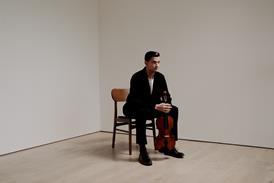
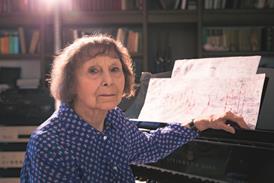



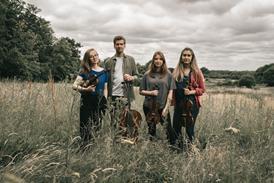
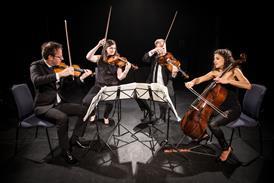
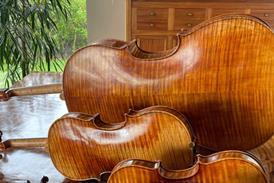
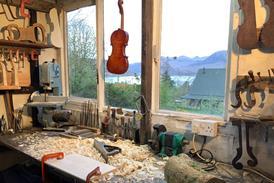
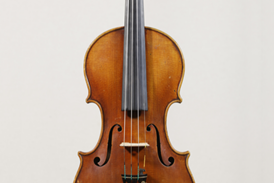
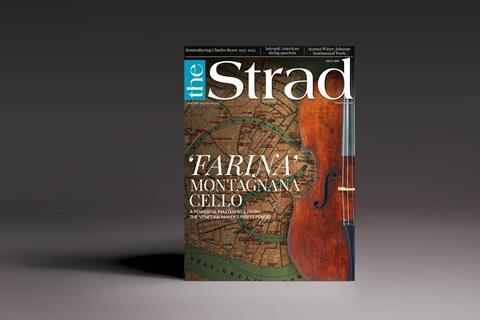




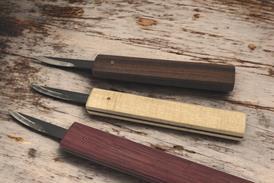

















No comments yet